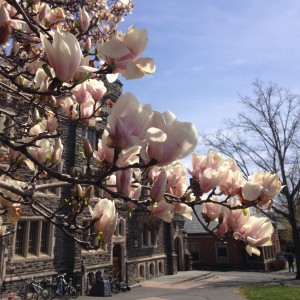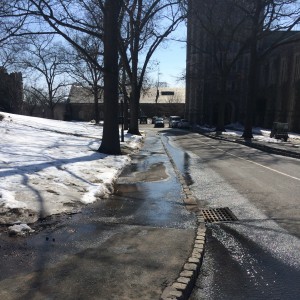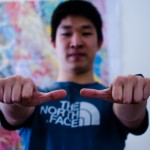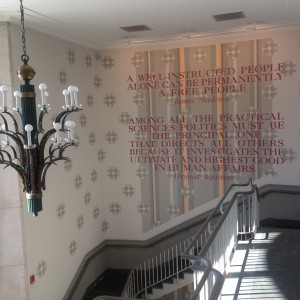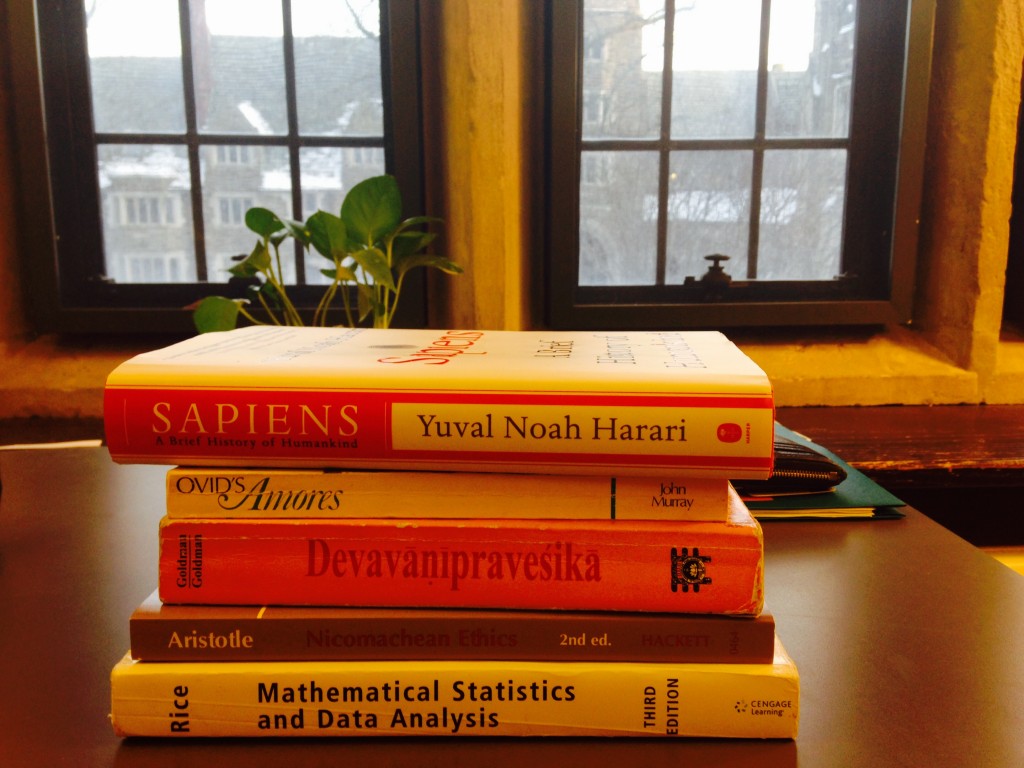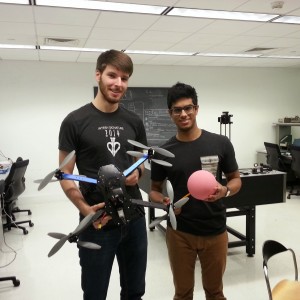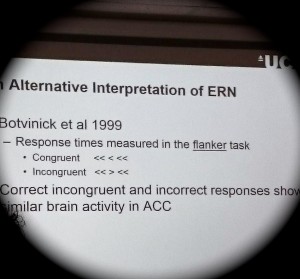
Something incredible happened the other day in class here at University College London (UCL). My psychology professor was lecturing on the topic of attention and awareness when, suddenly, a familiar name appeared on the screen: Matthew Botvinick, Professor of Psychology at Princeton University! I was struck with surprise, amazement, and joy at seeing his name on the board, feeling fortunate to have taken a neuroscience course with him the year before. A sense of pride washed over me as my European classmates & I learned about one of Professor Botvinick’s experimental studies on conflict monitoring. However, I also felt a wave of regret. Why had I not known about this study before? Shouldn’t I, a student in the Psychology Department at Princeton, know about the amazing research that my professor had conducted?
Most students at Princeton are well aware of the fact that the school’s faculty members are highly accomplished. However, while the merits of some professors are published by CNN on a daily basis, the accomplishments of other professors are less publicized. Nonetheless, many of the individuals who stand before us each and every day have and continue to produce incredible research that is highly regarded around the world.
Continue reading Realizing the Global Impact of Princeton Professors


